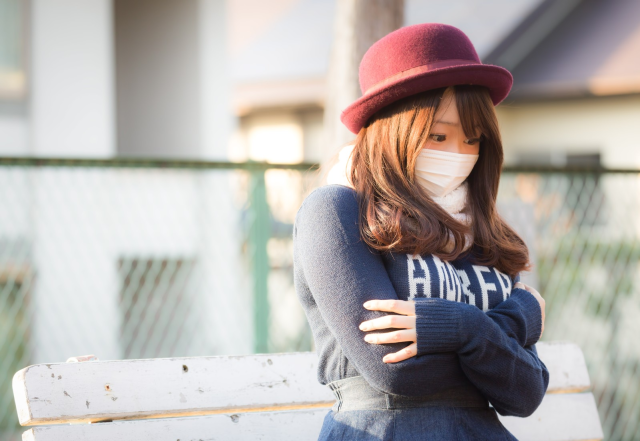
Government enacts 47-year-old law to cope with panic buying and speculative hoarding.
The coronavirus crisis has made surgical masks the most coveted commodity in Japan. Retailers have begun posting notices at the entrance to their stores letting everyone know that they’re sold out, in order to keep customers from flagging down sales staff and insisting that they check in the back to make sure they really don’t have any back there (no one is posting “Masks in stock!” signs because, well, they sell out in less time than it would take to put the sign up).
The situation has gotten so bad that both robberies and fist fights have taken place as some people resort to extreme means to obtain masks. However, the goal of those burglars and brawlers likely isn’t to secure a personal-use supply, but to resell them at grossly inflated prices online. The Japanese government is about to put a stop to mask resales, though, though, and potentially with long prison sentences for those who ignore the restriction.
This week, the Ministry of Health, Labor and Welfare ordered domestic mask manufacturers and importers to sell four million masks to the ministry, which will be distributing them to households in the Hokkaido towns of Naka-Furano and Kitami, two especially high-risk communities for coronavirus infection. The order was issued in compliance with the Act on Emergency Measures for Stabilizing Living Conditions of the Public, which was adopted as a framework to stabilize prices following the 1973 oil shock, but is only now for the first time actually being used to supply goods to consumers.
The law also gives the Japanese government the authority to ban the resale of masks, which it is expected to exercise next week. Of course, a prohibition with no punishment isn’t going to do anything, but article 26 of the act allows punishment for resellers to be as high as a fine of three million yen (US$27,300) or up to five years in prison.
No specific penalties have been outlined for those who might attempt to buy resold masks, but ostensibly if the seller gets caught, the buyer won’t receive the goods, and probably shouldn’t expect a refund, so the best bet is probably still to check at actual stores (and even if you don’t find any masks for sale you might find a new love).
Source: FNN Prime via Otakomu, Asahi Shimbun
Top image: Pakutaso
● Want to hear about SoraNews24’s latest articles as soon as they’re published? Follow us on Facebook and Twitter!